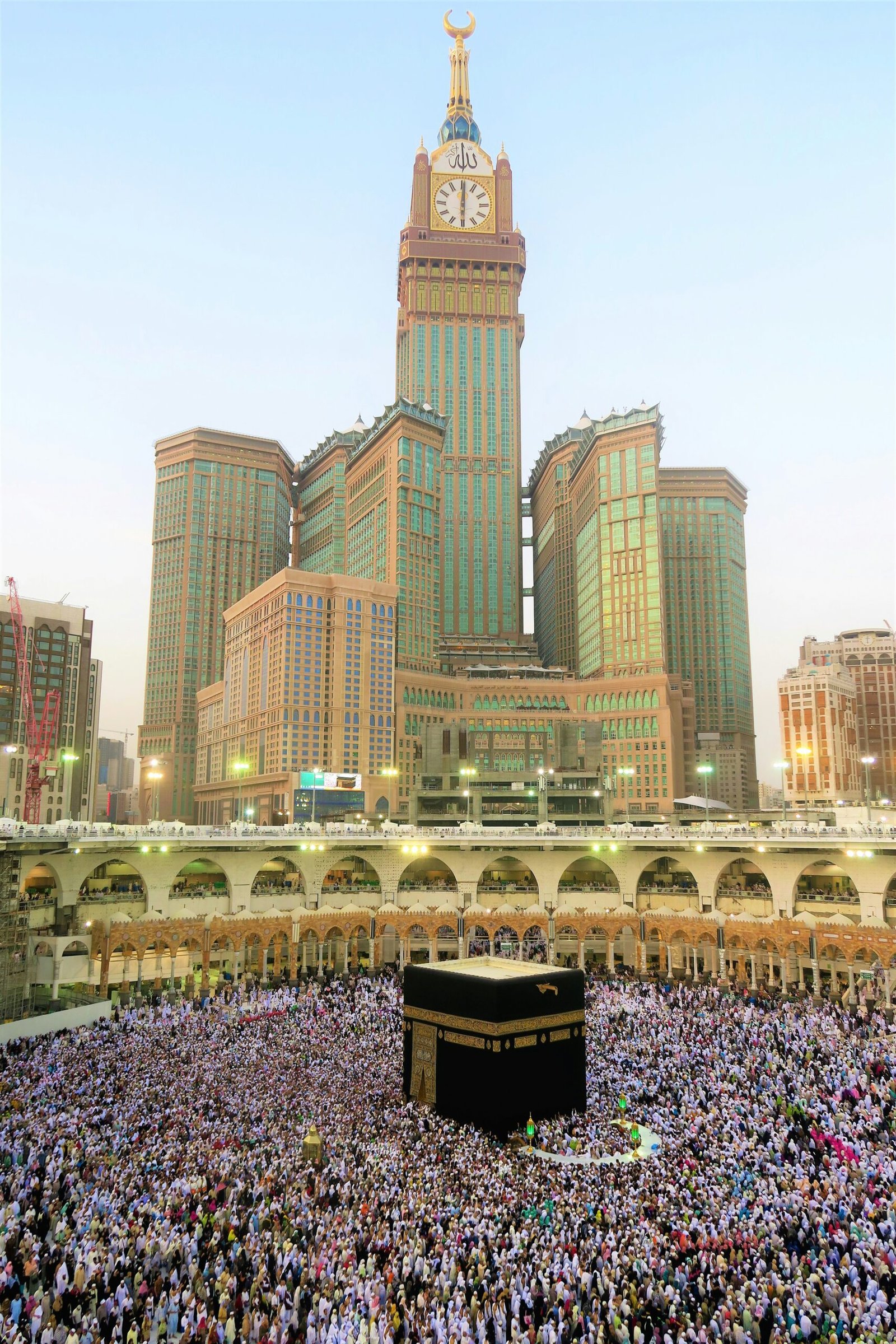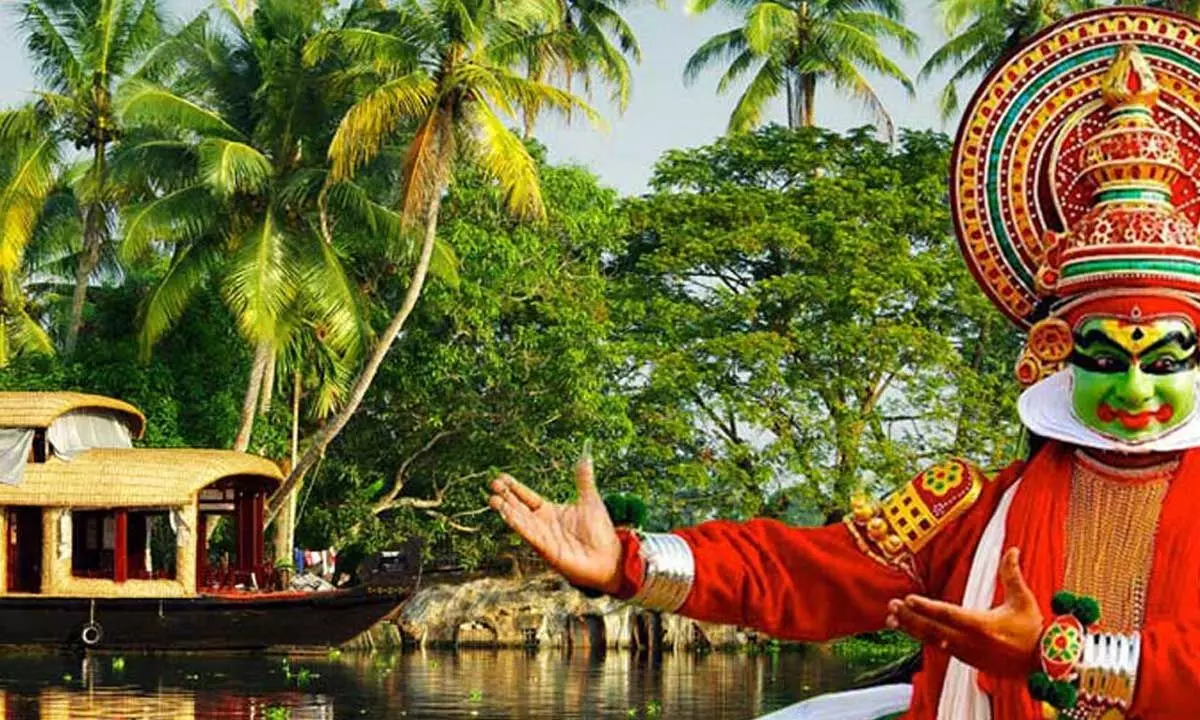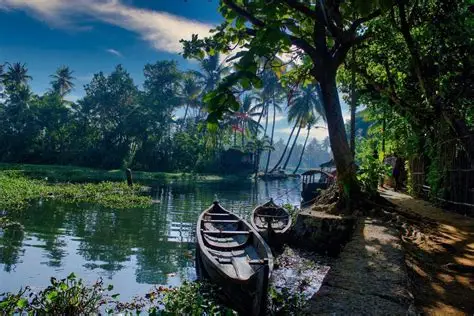Makkah and Madina are two of the most sacred cities in Islam. These cities hold immense religious, cultural, and spiritual significance for Muslims worldwide. The profound connection that Muslims have with Makkah and Madina extends beyond mere geography; it shapes their identity, practices, and faith. From the annual pilgrimage of Hajj to the daily acts of worship, Makkah and Madina play an essential role in shaping the global Muslim community. This article explores how these two cities are central to Islamic culture, the deep spiritual connection they foster, and how they contribute to the identity of Muslims around the world.
Makkah: The Spiritual Heart of Islam
Makkah holds a unique place in the hearts of Muslims due to its historical and spiritual significance. As the birthplace of the Prophet Muhammad (PBUH), Makkah has long been revered as the holiest city in Islam. The most significant structure in Makkah is the Kaaba, located within the Masjid al-Haram. It is the direction towards which all Muslims face during their daily prayers, a practice known as Qibla. The Kaaba’s significance transcends mere physical space; it represents the unity of the global Muslim community, all of whom share a common focus in their worship of Allah.
The role of Makkah in Islam cannot be overstated. It is the site of the Hajj pilgrimage, an essential religious duty for Muslims. Hajj is one of the Five Pillars of Islam, and every able-bodied Muslim is required to perform it at least once in their lifetime. This pilgrimage brings millions of Muslims from diverse backgrounds, united by their faith, to Makkah each year. This event not only reinforces the spiritual importance of Makkah but also emphasizes the global unity of Muslims, regardless of race, nationality, or status.
Additionally, Makkah’s spiritual impact extends to the act of prayer. Every Muslim, no matter where they are in the world, prays five times a day facing Makkah. This daily act of devotion reinforces the connection between every individual and the sacred city. Makkah’s influence, therefore, is not confined to a specific time or place but is woven into the fabric of a Muslim’s daily life.
Madina: The City of Peace and Knowledge
Madina, the second holiest city in Islam, holds a special place in Muslim hearts for different reasons. After the Prophet Muhammad (PBUH) migrated from Makkah to Madina in 622 CE, the city became a pivotal center for the development of Islam. It was in Madina that the early Muslim community grew, and it was here that the Prophet established the first mosque, Masjid al-Nabawi. The city of Madina became the seat of Islamic governance and a hub for learning and scholarship.
Madina’s importance in Islam is closely tied to its role as the final resting place of the Prophet Muhammad (PBUH). Muslims visit Madina to pay their respects at the Prophet’s tomb, a place of deep emotional and spiritual significance. Unlike Makkah, where the focus is on the act of worship and pilgrimage, Madina is associated with peace, reflection, and the study of Islamic knowledge. Madina’s cultural influence stems from its role as the birthplace of many of Islam’s important traditions and teachings.Muslim Culture and Identity.
Madina has been a center for Islamic knowledge for centuries. The city attracted scholars and intellectuals who sought to study under the Prophet’s companions, learning the foundations of Islamic law, ethics, and theology. This tradition of scholarship continues to this day, with institutions and universities in Madina offering education on Islamic studies, making it a place of academic pilgrimage for those seeking to deepen their understanding of Islam.
Makkah and Madina: The Pillars of Islamic Identity
For Muslims, the connection to Makkah and Madina goes beyond mere physical visits. These cities represent the core of Islamic identity and the shared culture of the global Muslim community. Makkah and Madina shape the practices and worldview of Muslims and contribute significantly to their sense of belonging and faith, Muslim Culture and Identity.
The significance of Makkah and Madina is integral to Muslim identity in several ways. First, the Hajj pilgrimage itself is a unifying force for Muslims worldwide. It is a spiritual journey that brings together millions of Muslims from all corners of the globe, regardless of their ethnic background or social status. During Hajj, Muslims are required to wear the same simple white clothing, reinforcing the notion of equality before Allah and symbolizing the unity of the Muslim Ummah. This shared experience fosters a sense of brotherhood and strengthens the global Muslim identity.
Moreover, the religious practices associated with Makkah and Madina help shape the everyday lives of Muslims. Daily prayers, the fast of Ramadan, and other rituals are all intertwined with the significance of these cities. The continuous reflection on Makkah as the Qibla, the act of praying in the direction of the Kaaba, and the remembrance of the Prophet Muhammad (PBUH) in Madina all contribute to a Muslim’s spiritual life and sense of purpose. The cities help maintain a sense of continuity and unity in the global Muslim community, reinforcing the shared values of devotion, humility, and brotherhood.
The Global Impact of Makkah and Madina’s Pilgrimage
The pilgrimage to Makkah and Madina holds great significance for Muslims worldwide. The Hajj pilgrimage is one of the Five Pillars of Islam, making it an obligation for all Muslims who are physically and financially capable of undertaking the journey. Every year, millions of Muslims travel to Makkah to perform Hajj, an experience that serves as a reminder of the spiritual journey of life. The rituals performed during Hajj are a form of purification, offering Muslims the opportunity to renew their faith and strengthen their connection to Allah.
Umrah, a non-mandatory pilgrimage, is also an essential part of Islamic practice. Unlike Hajj, which occurs during specific times of the year, Umrah can be performed at any time, though it is particularly encouraged to be undertaken in the holy months of Ramadan. While the rituals of Umrah are similar to those of Hajj, they are less extensive, but they still carry profound spiritual benefits. Muslims who perform Umrah feel a deep sense of peace and connection, not just to the city of Makkah, but to the entire Islamic community.
The Cultural Heritage of Makkah and Madina
The influence of Makkah and Madina on Muslim culture extends beyond religious practices. These cities have shaped Islamic cultural traditions, from art and architecture to hospitality and etiquette. Makkah’s Masjid al-Haram and Madina’s Masjid al-Nabawi are two of the most iconic and revered buildings in the Muslim world. These structures are not only centers for worship but are also architectural masterpieces, designed to reflect the majesty and sanctity of Islam, Muslim Culture and Identity.
Cultural practices from Makkah and Madina have also influenced how Muslims interact with each other. The values of respect, humility, and hospitality that are emphasized in the culture of Madina have become integral to the global Muslim community. The welcoming nature of the people of Madina, as exemplified by the Prophet Muhammad (PBUH) during his time in the city, continues to inspire Muslims to embody these qualities in their daily lives.
In Makkah, the emphasis on simplicity, unity, and devotion is reflected in the way Muslims approach their worship. The simplicity of the ihram clothing worn by pilgrims during Hajj and Umrah symbolizes the stripping away of material distractions and the focus on worshiping Allah. This spirit of humility and devotion permeates Muslim culture, influencing how Muslims approach their relationships with others and their understanding of the world around them.
The Emotional Connection to Makkah and Madina
For Muslims, the emotional connection to Makkah and Madina runs deep. These cities represent not only the birthplace of their faith but also the center of their spiritual lives. The emotional significance of visiting Makkah and Madina is unparalleled; it is a deeply personal and transformative experience for anyone who undertakes the journey. Whether it is standing in front of the Kaaba, walking between the Safa and Marwah hills during Hajj, or praying in the Prophet’s Mosque in Madina, the experiences that take place in these sacred cities leave a lasting impact on the heart and soul of every Muslim.
The longing to visit these cities, often referred to as “Tawaf,” symbolizes the desire to draw closer to Allah. For many, it is the pinnacle of their spiritual journey, and the memories created in Makkah and Madina stay with them throughout their lives. This emotional bond serves as a reminder of the importance of faith, devotion, and community in Islam.
The Role of Makkah and Madina in Modern Islam
In the contemporary world, Makkah and Madina continue to hold a central role in the lives of Muslims, despite the rapid changes in technology and society. The advancements in transportation and communication have made it easier for Muslims to perform Hajj and Umrah, and the influence of these cities is now more global than ever before. In addition to their religious and spiritual significance, Makkah and Madina also serve as centers for interfaith dialogue, offering Muslims the opportunity to engage with people from diverse cultural and religious backgrounds.
Makkah and Madina are symbols of unity in Islam, as the values they represent—spirituality, humility, and brotherhood—are timeless and universal. These cities continue to guide the global Muslim community, providing a sense of shared purpose and direction in a world that is increasingly interconnected yet diverse.
Conclusion
Makkah and Madina are more than just cities; they are the heart and soul of Islam. Their significance extends far beyond religious practices and rituals; they shape the cultural, emotional, and spiritual identity of Muslims around the world. From the rituals of Hajj and Umrah to the daily prayers and acts of worship, these cities serve as a constant reminder of the shared faith and unity of the Muslim Ummah. Makkah and Madina’s role in shaping global Muslim culture and identity will remain central to the faith for generations to come. These sacred cities continue to inspire and guide millions of Muslims in their spiritual journeys and their daily lives.
















Leave a Reply